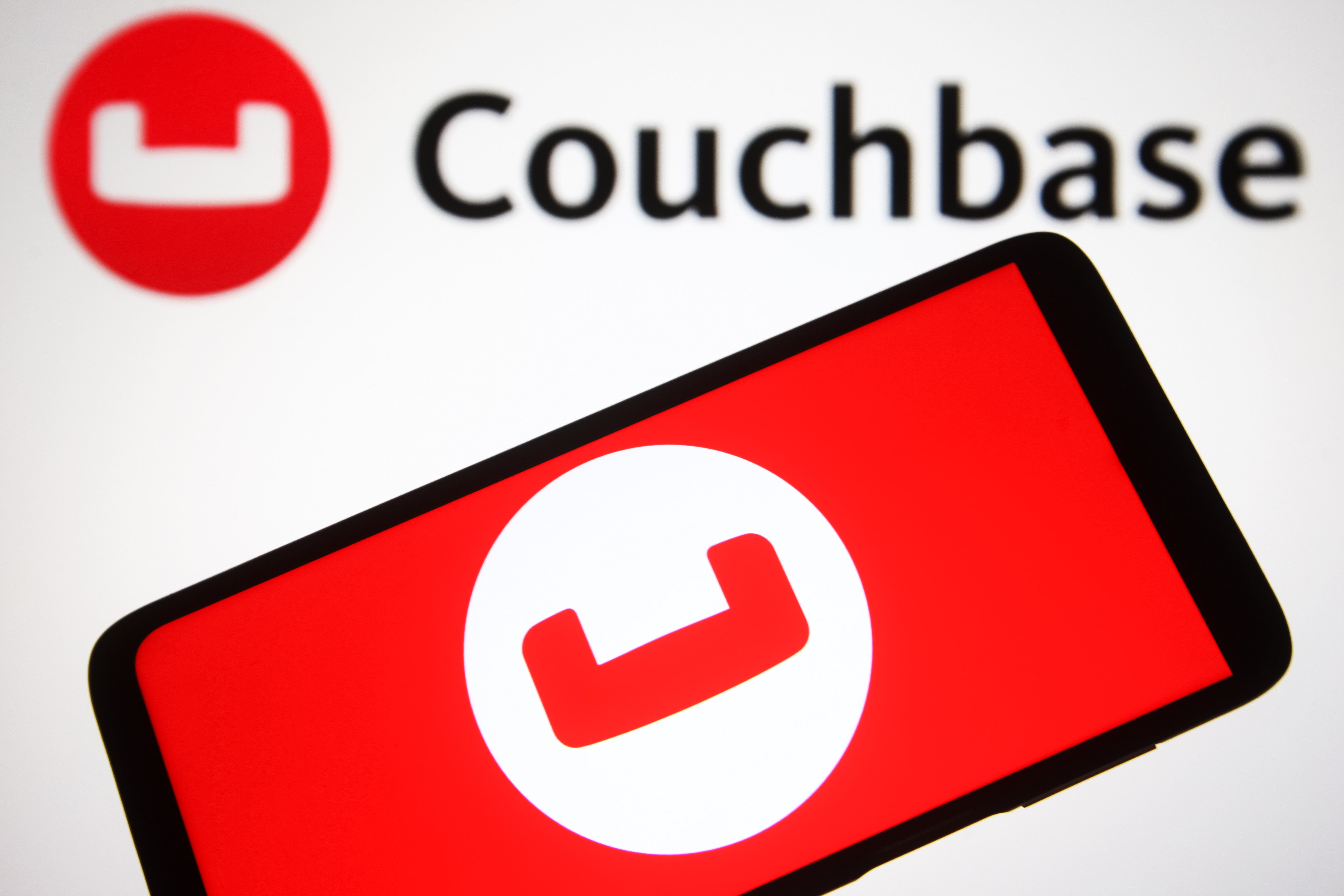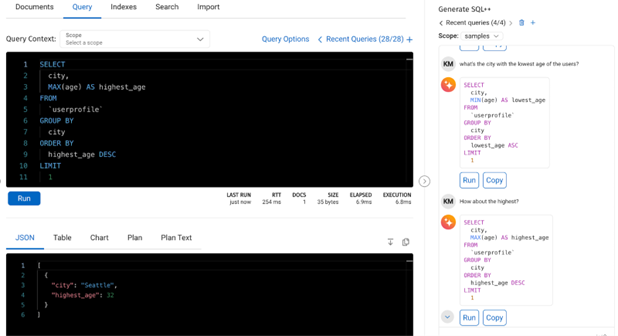Couchbase embeds generative AI into Capella platform
Capella iQ aims to hasten the writing of SQL++ using artificial intelligence


Sign up today and you will receive a free copy of our Future Focus 2025 report - the leading guidance on AI, cybersecurity and other IT challenges as per 700+ senior executives
You are now subscribed
Your newsletter sign-up was successful
Cloud database vendor Couchbase has become the latest vendor to add generative AI to its platform via Capella iQ.
Generative AI is being dropped into the company’s database as a service platform, Couchbase Capella, with a view to improving developer productivity by suggesting sample code.
The ability of Capella iQ to generate SQL++ code in addition to other popular development languages is noteworthy because generating usable database code is especially challenging for pair programming assistants.

Capella iQ
As well as assisting with the building of SQL++ queries and other code, Capella iQ will also produce sample datasets and unit tests. The tool also gives tips on index creation and search syntax.
“Code that used to take hours for a developer to write will now be generated in a matter of seconds in sample sets from Capella iQ,” said Scott Anderson, SVP of product management and business operations at Couchbase.
Regarding the training of its public large language model (LLM), a Couchbase spokesperson cited ChatGPT as an example of the approach it’s taking.
Capella iQ’s LLM also uses prompt guardrails in order to keep the conversation specific to Couchbase. The spokesperson added: “We have fine-tuning, the ability to use additional LLMs, and support custom models on our roadmap to add in the future”.
Sign up today and you will receive a free copy of our Future Focus 2025 report - the leading guidance on AI, cybersecurity and other IT challenges as per 700+ senior executives
Privacy concerns are an ever-present concern when using generative AI applications but in this case, they may be alleviated somewhat due to customer data not being sent to the LLM. However, the metadata - structures such as field names - is sent in order to generate realistic test data.
RELATED RESOURCE

Figure out why AI is crucial for cyber security, how it fits in, and its best use cases.
DOWNLOAD FOR FREE
The spokesperson also told ITPro that the index advisor feature had been built into the core database server and did not rely on OpenAI.
“This advisor uses document structures, data skew, statistics, and query patterns to produce recommendations,” they said.
Matt Cain, chair, president, and CEO at Couchbase, spoke on the announcement: “Generative AI is the next great catalyst for modern applications and our customers are exploring ways to build AI-powered apps that can run anywhere with our platform”.
Couchbase also announced the Couchbase AI Accelerate Partner Program, new integrations for Capella with Vercel and IntelliJ, and more intelligent operations through the dynamic scaling of disk storage and input/output operations.
Finally, the company announced it had achieved independent validation for PCI DSS 4.0 and CSA STAR Level 2 compliance.
The SQL AI challenge
Producing usable SQL by using a generative AI is a particular challenge. Microsoft recently demonstrated progress in the area, although it conceded that care needed to be taken with the context and structure of requests.
SQL++ is an extension of the original SQL aimed at working with both structured and semi-structured data - such as a JSON document database. Producing usable queries requires a knowledge of the data structures being targeted, and while SQL++ can handle more flexible structures, allowing the AI to make use of the metadata is unavoidable.
With Capella iQ, structures within Couchbase - such as scopes, collections, and documents - are understood by the platform, and the metadata is read to infer the data that might be created.

Richard Speed is an expert in databases, DevOps and IT regulations and governance. He was previously a Staff Writer for ITPro, CloudPro and ChannelPro, before going freelance. He first joined Future in 2023 having worked as a reporter for The Register. He has also attended numerous domestic and international events, including Microsoft's Build and Ignite conferences and both US and EU KubeCons.
Prior to joining The Register, he spent a number of years working in IT in the pharmaceutical and financial sectors.
-
 ITPro Best of Show NAB 2026 awards now open for entries
ITPro Best of Show NAB 2026 awards now open for entriesThe awards are a fantastic opportunity for companies to stand out at one of the industry's most attended shows
-
 Mistral CEO Arthur Mensch thinks 50% of SaaS solutions could be supplanted by AI
Mistral CEO Arthur Mensch thinks 50% of SaaS solutions could be supplanted by AINews Mensch’s comments come amidst rising concerns about the impact of AI on traditional software